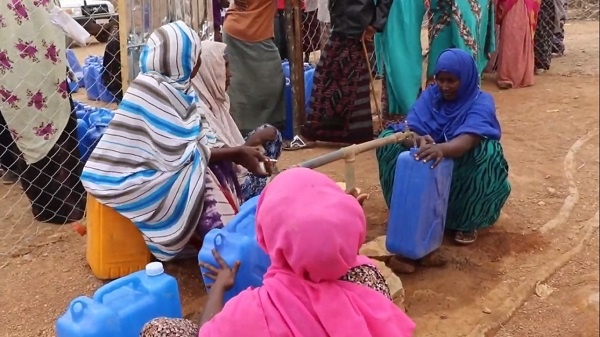
The impact of COVID-19 on the economy and population of Ethiopia’s Somali Region, a series of assessments by Mercy Corps
(Mercy Cors) – While there have been multiple studies analyzing the expected impact of COVID-19 on the Ethiopian economy and population, there has not yet been any analysis into the regional effect of the crisis on the Somali Region, as is the case for many other regions of the country. In April and May, Mercy Corps undertook a series of assessments to better understand this impact. These assessments were not designed to be rigorous pieces of research based on large sample sizes. Instead, we undertook rapid surveys covering five different aspects of the Somali Region economy, which together provide what we hope is an insightful snapshot of how the economy and people of the region have been affected.
The assessments paint a picture of an economy which, while not yet on the verge of collapse, is in sharp decline with many crucial market actors struggling to survive and very concerned about the next few months. In particular, by looking simultaneously at different aspects of the economy, the assessments help to show how the impact on one sector of the economy is having damaging knock-on effects on other sectors. Thus, we see how the blow to household purchasing power has led to plummeting sales in the retail sector. We see that the crippling effect of the crisis on enterprise performance is affecting loan repayments and potentially threatening the liquidity of financial service providers. And, at a more micro-level, we see how the milk production and trade system, dominated by female producers and micro-entrepreneurs, has been shaken by the restrictions on transport, which in turn is resulting in higher prices for milk in urban areas and thereby putting further pressure on household purchasing power.
The findings of these assessments have provided rich information that has helped us to develop recommended responses for the region that we were not previously considering, and which try to meet immediate needs while also addressing some of the systemic challenges we are seeing. Despite the suffering being caused by COVID-19, we are also already seeing some interesting adaptations by businesses, and our response recommendations also aim to foster innovations made possible by the unique conditions of the crisis to drive positive change. Some of our response recommendations are briefly presented in the Executive Summary, but for more detail we encourage you to read the relevant section of the full assessment report.
Finally, the assessment report highlights worrying trends in the region that should be monitored closely. Mercy Corps intends to conduct follow-up assessments in July and August focusing specifically on these trends, to help inform decision-making by Mercy Corps, our peers, and the Regional Government.
Source: Mercy Corps
